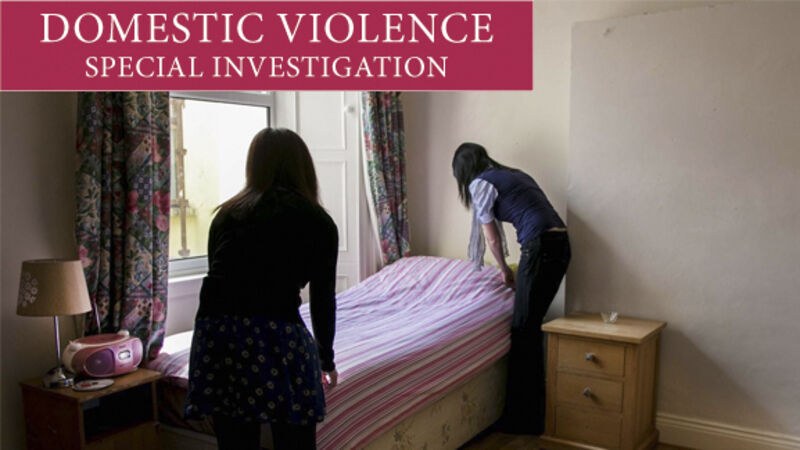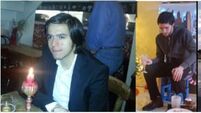SPECIAL INVESTIGATION: First step to life of freedom

These are normally the tools of confinement but here, they represent liberation. The women who come here are breaking free from domestic violence, and while this may be a restricted space, it opens up limitless possibilities.
For some women, that’s exactly how it works. Once safely behind the fortified door, they never look back and never go back.













